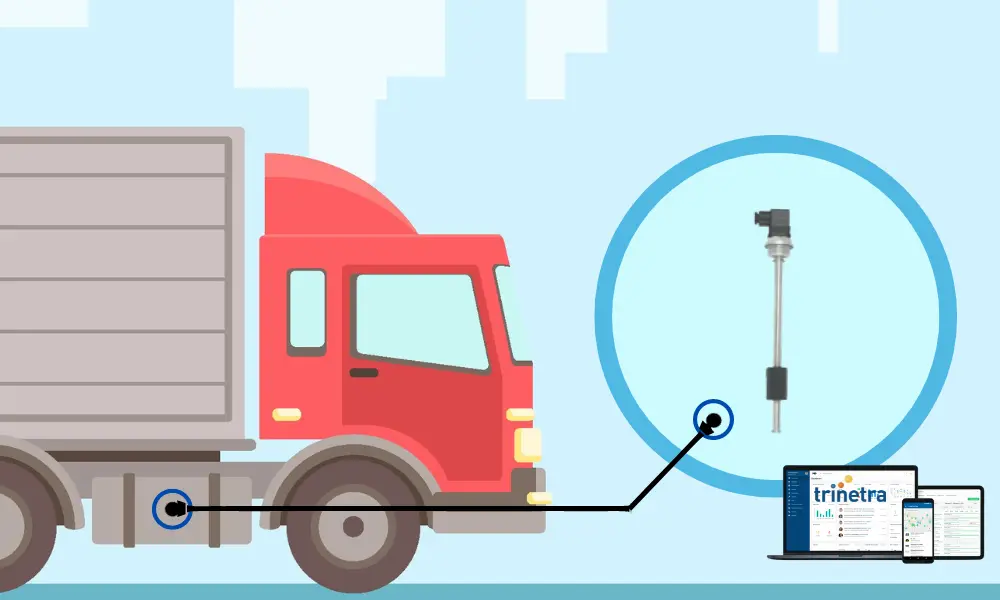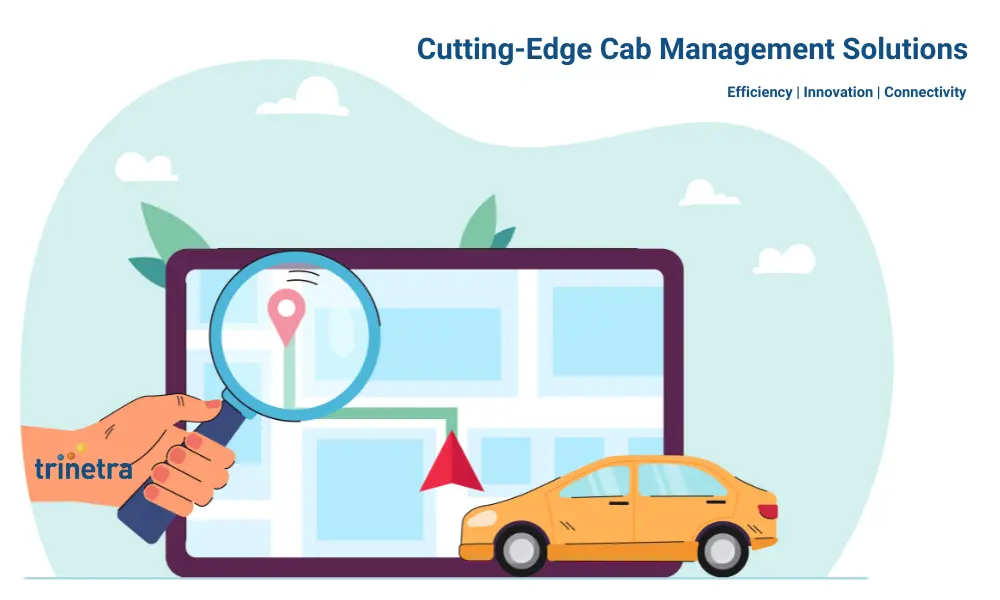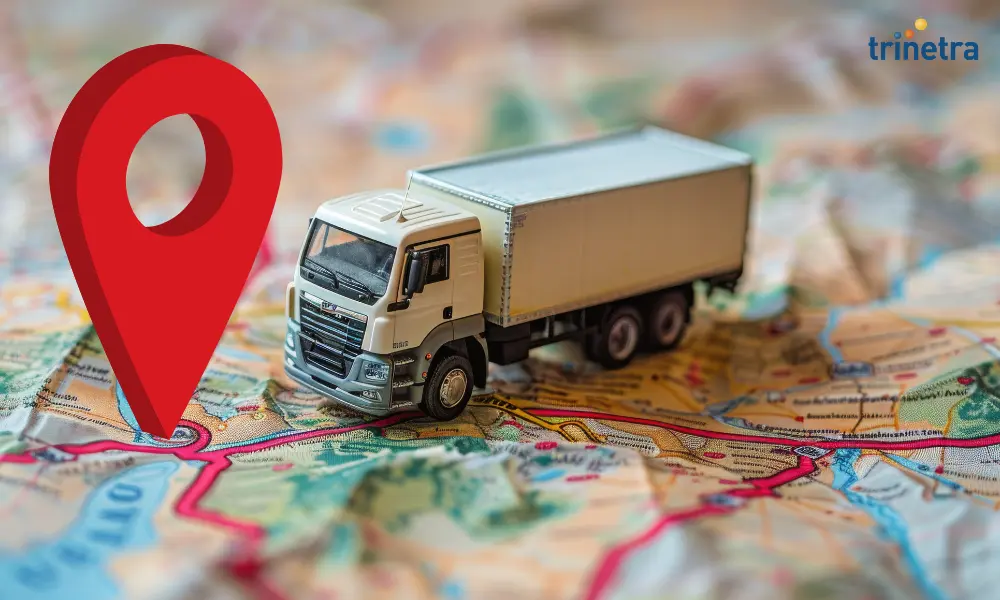Fuel consumption is a critical factor in fleet management as it makes up a major chunk of the expenses that affects the operating costs. Fuel level sensors are crucial for monitoring the fuel level in fuel tanks found in different vehicles, locomotives, vessels, ships and in static heavy equipment like generators. Fuel sensors mounted on a vehicle’s fuel tank to purposely monitor fuel consumption. The sensor is connected to the monitoring system to transfer information/data to the software platform.
Fuel Usage Optimization by Application
These fuel sensors help the Fleet or Transport Manager to constantly monitor fuel consumption and allow stakeholders to decide when to refill the tank, the current level of fuel in the various circumstances. With the Fuel Sensor integration in the cloud portal the system allows obtaining of reliable and correct data/information on current fuel volume found in a tank. With analytics it can reveal fuel misuse and fuel theft. The monitoring system also offers a general overview on the usage of fuel of the vehicle or equipment.
Modern electronic devices are now enabled to seamlessly integrate with fuel sensors that can be viewed on a dashboard in a monitor, besides the details on the history page of the application. The fuel sensors help to track the fuel consumption patterns and prevent the instances of fuel wastage or fuel pilferage.
Driver behavior and management is aided by the data or information obtained from fuel sensors. Harsh driving habits or behavior and unnecessary idling would lead to fuel wastage and so corrective action can be implemented to rectify such inconsistencies. Based on various sensing technologies a wide range of fuel level sensors are available in the market for different purposes. Therefore, choosing the right one is important to integrate it to your fuel management system.
Fuel level sensor can contribute to saving fuel cost for long-haul trucks operating over large territories. The data received can help in choosing the right type of vehicle for a particular payload for route planning and scheduling also. Large fleets have many drivers and multiple stops along the sane route. Minimize the number of vehicles, stops and time spent on road, using the fleet management software. It helps to optimize fuel cost as it can account for nearly 60% of operating costs.
Opt for a fleet management system (FMS) like Trinetra Wireless offers as is a future-ready application and works as an internet-based Fleet management software with mobile app integration, video telematics, using GPS and Geofencing technologies. It serves many transporters and logistics companies as it is customizable for various transportation needs, such as last mile deliveries. The real-time monitoring and data analytics offer insightful reports for informed decision making.






